Ukraine report new rebel attacks after ceasefire
Russia appeared to be increasing tensions further by putting its central forces on full combat alert.
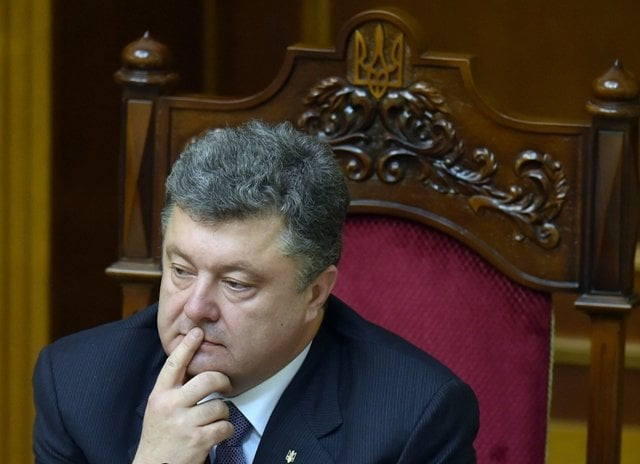
Ukraine's President Petro Poroshenko. PHOTO: AFP
The resumption of violence in the 11 week insurgency threatening to splinter the ex Soviet state came as Washington slapped sanctions on top separatist leaders and warned Russia against sending troops into Ukraine.
And Russia appeared to be increasing tensions further by putting its central forces on "full combat alert" and ordering snap military exercises that will involve some 65,000 troops.
Ukrainian border guards said the rebels used sniper and mortar fire to strike one of their bases in the eastern Donetsk region four hours after President Petro Poroshenko declared a unilateral halt to hostilities that have claimed more than 375 lives.
"Three soldiers were injured, one seriously and equipment damaged," the border guard service said in a statement.
It added that Ukrainian troops had to return fire when the same militia unit mounted a second attack near a different Russian border crossing a few minutes later.
"The border guards opened fire and repelled the attack," the Ukrainian statement said.
A spokesperson for Ukraine's "anti-terrorist operation" reported heavy fighting around the rebel stronghold city of Slavyansk while the defence ministry said one of its anti aircraft bases was attacked by "50 men in camouflage".
Poroshenko declared the week long unilateral ceasefire on Friday evening while stressing that "does not mean that we will not fight back against aggression toward our troops."
The order and simultaneous peace plan unveiled by the 48-year-old chocolate baron was immediately rejected by several rebel commanders and branded an "ultimatum" by the Russian foreign ministry.
Poroshenko's attempts to resolve the country's worst post-Soviet crisis two weeks into his term have also been complicated by a new deployment of Russian forces along parts of the border where the rebels mount most frequent attacks.
Russian President Vladimir Putin appeared to be stirring tensions further on Saturday by ordering troops based in the Ural Mountains and western Siberia to go on "full combat alert" as part of an unannounced readiness check.
The Russian defence ministry said military exercises in the expansive region whose western most edge lies 400 kilometres east of Ukraine will involve 65,000 soldiers along with 60 helicopters and 180 jets.
But both Kiev and its Western allies are also concerned by a new presence of Russian forces along the border amid charges of growing flows of heavy weapons crossing into rebel-held parts of the industrial east.
Ukrainian officials have told EU and G7 teams in Kiev that they had evidence of 10 additional tanks and sealed trucks coming over the border close to the eastern city of Lugansk since Thursday.
A Russian defence ministry source told RBK news agency this week that troops were prepared to enter Ukraine's insurgent regions in order to "put up barriers between the civilian population and the Ukrainian army".
"We are monitoring the situation carefully. We will not accept the use, under any pretext, of any Russian military forces in eastern Ukraine," said White House spokesman Josh Earnest.
"Reports from Moscow that the Russian defence ministry is considering creating military cordons in eastern Ukraine are also troubling."
US State Department spokesperson Jen Psaki noted that most of the equipment being gathered in southwest Russia was no longer used by its military.
"We believe that Russia may soon provide this equipment to separatist fighters," Psaki said.
The US Treasury Department also blacklisted seven Ukraine separatists whom it accused of being a threat to the country's peace and sovereignty.
The list was topped by Slavyansk rebel leader Vyacheslav Ponomaryov and included the heads of the self-declared governments in the eastern regions of Donetsk and Lugansk.
But the measure was largely symbolic because none are known to have US assets that would be frozen under Treasury Department rules.

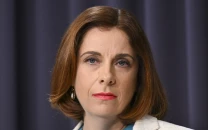
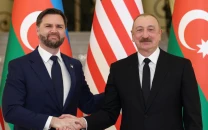
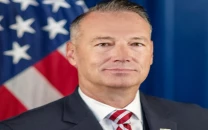
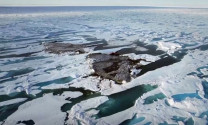
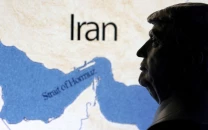
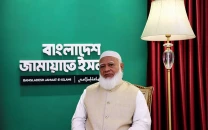












COMMENTS
Comments are moderated and generally will be posted if they are on-topic and not abusive.
For more information, please see our Comments FAQ